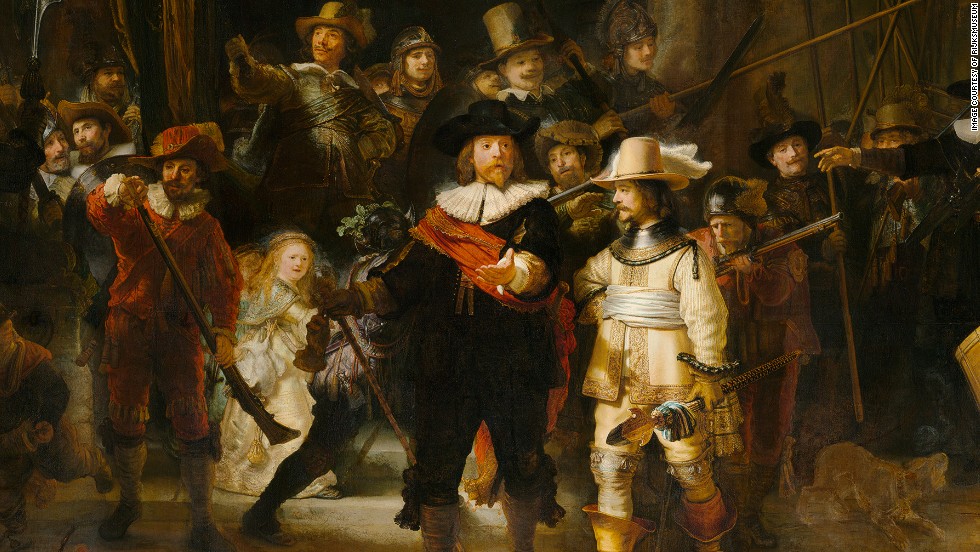
Character Agency
The ‘agency’ of a protagonist character refers to their ability to take action on their own behalf, change the course of the story, and have a tangible effect on the primary plot arc. One of the aspects of creating a compelling character is giving them enough agency to allow readers to root for them. A weak or unmotivated character that floats like a piece of driftwood through what is supposed to be their story is often neither compelling nor entertaining to read about.
For example, a while back I read a story about a man who had recently (and somewhat reluctantly) become a vampire. He, rightly so, had some adjustment pains to this new supernatural world around him, and functioned as if in a fog. Over several violent encounters, he routinely got his ass kicked and had to be saved by the side characters. Most of his dialogue consisted of complaining or lamenting his situation. He rarely made an important decision regarding the story, and the one or two times he did, it ended disastrously. The love interest character had all the agency, made all the decisions, and felt like a far more well-rounded person than the supposed protagonist. In essence, the novel felt like it had been written more about the side character than the main, who drifted along wherever the plot took him without doing much more than curl up into a ball and hope not to get hurt too much.
As you may expect, I wound up not much caring what happened to him one way or the other, but I got invested in the side characters. The main became forgettable.
A few types of main characters that lack agency include:
The perpetual victim

This is a character who is weak (either physically, mentally, or both) and retreats from any and all conflict. They need to be saved from any situation that presents a challenge or danger, be it having to stand up to an antagonist at the office, a bully at school, or a more extreme situation such as being kidnapped, robbed, or someone trying to kill them.
The perpetual victim never takes control of a situation, frequently whines about why everything happens to them, and is always in need of rescue.
While it’s fine to have a character start off this way, the problem arises when they never develop agency throughout the course of the story. A main who starts off as the perpetual victim, but has an epiphany or awakening of courage/determination can make for a strong protagonist. However, if they remain always in the background, always needing someone else to make the decision, pull their ass out of the fire, and so on, they come off as uninteresting, and the reader will likely reach a point of eye-rolling and lose respect for the character.

The incompetent
This type of character is one who tries to have agency, but never quite manages to achieve it. Everything they try ends in failure, requiring other characters to step in and get things done. Note that in comedic stories (something along the lines of Greatest American Hero) where the failure is a shtick, this is fine. The problem arises when the story is not going for humor and the constant inadequacy of the main character gets cloying. The reader will likely reach a point of ‘oh come on’ with the character.
As with the perpetual victim, if the character’s arc eventually leads them to success/achieving their inner potential, awesome. Alas, if the character reaches the end of the story and still hasn’t done anything for themselves, the book could use some revisions to address their lack of agency.

The marshmallow
This type of character is a blend of weakness and apathy. They lack agency more out of their inability to decide on or do anything, and require other characters to make all the decisions or initiate any actions. A marshmallow’s friend might be threatened, and they’d be content to sit on the couch waiting for someone else to deal with it… taking no action until the side character shows up with ‘hey, we need to go out there and get Bob’s back.’
Outside of comedic intent, the marshmallow’s lack of urgency is a fast track to being uninteresting. Do something to your marshmallow. Shock him or her into action. Yes. Shock your marshmallow – don’t mind the smell. Some burning is normal.

David Victorious Over Goliath Painting by Gabriel Joseph Marie Augustin Ferrier
Characters need agency
In short, your protagonist needs to take control (at some point) of their story. No one starts off at the end of their journey, so it’s fine if your protagonist begins the story without agency. The problem arises when they fail to evolve and adapt. A character’s story arc is a journey that you should want the reader to take along with them. If a character is in the same place they are at the end of the book as they started, the boat has been missed.
The most interesting characters learn, grow, and develop strength. Give your characters the agency necessary to be the protagonist of their story; they shouldn’t feel like background elements to someone else’s.


Thank you, Matthew, for this post. I am writing a critical essay on character agency and found your analysis very helpful. All the best.
Lisa
Thanks 🙂 Hope your essay goes well.
Thanks for posting this, Matthew! I’m writing a short story, and the feedback I received stated that my main character needed “more agency” so this was exactly what I needed to improve my story. 🙂
You’re welcome! Glad some of my ramblings turned out to be helpful 🙂